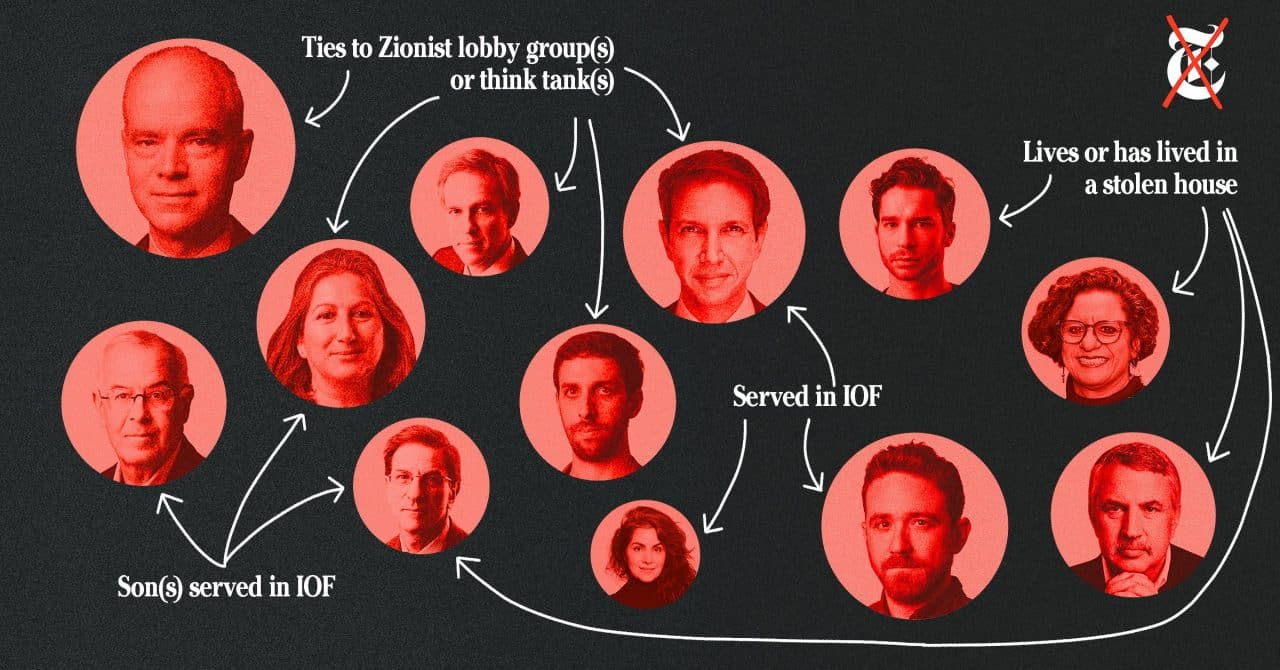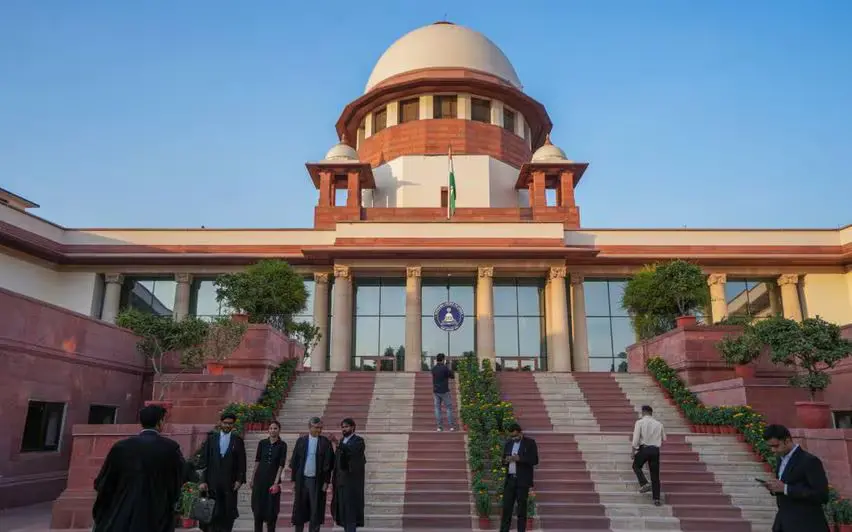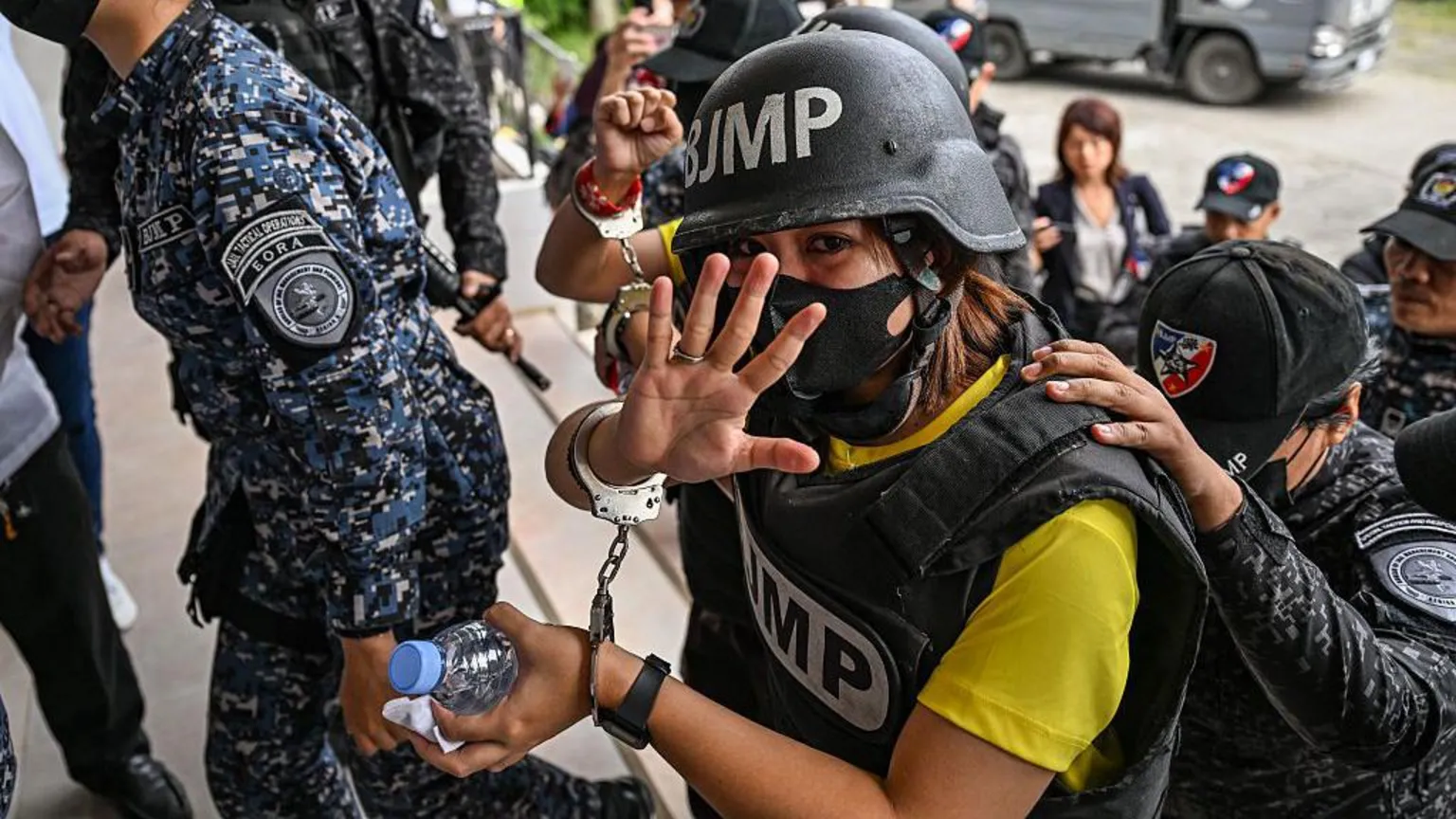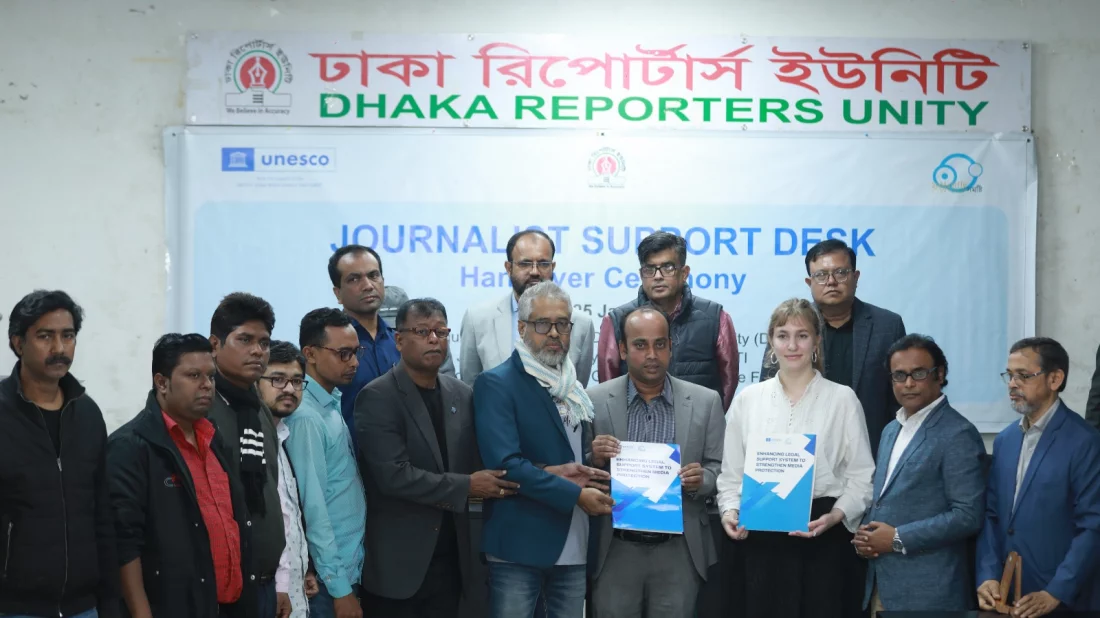
Yes, The New York Times Is Engaging in Genocidal Journalism: Omission, Zionist Allegiances, and Media Betrayal
July 26, 2025
Three Journalists Arrested After Clash While Reporting in Odisha, India
July 27, 2025July 26, 2025 – India –
The Supreme Court of India granted interim anticipatory bail to Kerala-based journalist and YouTuber T.P. Nandakumar, known as “Crime Nandakumar,” in a defamation and obscenity case stemming from a YouTube video he posted. The vacation bench comprising Justices Sandeep Mehta and Prasanna B. Varale issued notice of his Special Leave Petition and ruled that if Nandakumar is arrested, he must be released on bail, provided he cooperates with the ongoing investigation. The court also listed the matter for a further hearing on August 5.
Nandakumar had originally sought anticipatory bail from the Kerala High Court, which was denied on June 9, and the court directed him to surrender. His video allegedly contained derogatory, sexually coloured, and threatening remarks about a prominent woman politician, who had been associated with both the Communist Party of India (Marxist) and later the Congress party. The FIR included charges under the Bharatiya Nyaya Sanhita: Section 75(1)(iv) for insulting a woman’s modesty, Section 79 for intimidation and defamation, and Section 351(1)(2). He was also charged under Section 67 of the Information Technology Act, 2000, for distributing obscene content electronically.
During the Supreme Court hearing, it was emphasized that legal judgments—convictions or acquittals—are rendered by courts, not by platforms like YouTube. The court noted that even if content is published online, it doesn’t substitute for judicial proceedings or circumvent due process. Nandakumar’s petition argued that no sexually explicit language, gestures, or visuals were present and that the allegations were politically motivated and based on circumstantial interpretation.
The interim relief granted by the Supreme Court reflects the principle of presumption of innocence and the need to protect freedom of expression, especially in the evolving context of digital media. Legal experts highlight how such cases underscore tensions between defamation regulations and journalistic legitimacy in online journalism.
Reference –




